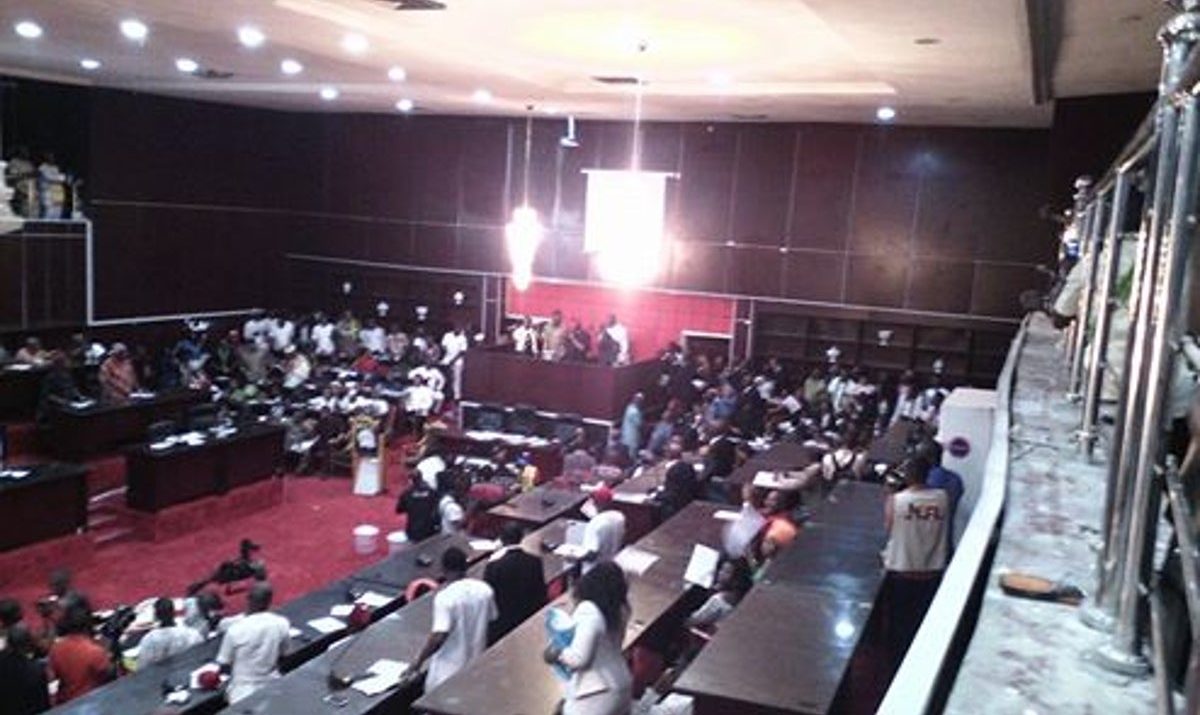The Imo State House of Assembly has passed a groundbreaking state electrical bill into law, marking a transformative step in electricity regulation and distribution within the state. Sponsored by Kanayo Onyemaechi, majority leader of the House and representative of Owerri West Constituency, the bill seeks to improve electricity access, promote renewable energy adoption, and decentralize power management by establishing a state-regulated electricity market.
Drawing from the Federal Electricity Act of 2023, which empowers Nigerian states to regulate their own electricity sectors, the Imo State Electrical Bill enables the issuance of licenses for mini-grids and local power plants, offering residents a tailored approach to power generation and distribution. Onyemaechi explained that this law “represents a significant shift towards decentralized electricity governance, fostering competition, innovation, and local decision-making.”
Key Provisions of the Imo State Electrical Bill
The new law establishes an electricity market within Imo State and creates a regulatory framework to ensure reliable, sustainable power access. Key features include:
Local Regulatory Power: Imo State can now craft and enforce electricity policies suited to the region’s unique needs, improving service delivery and accessibility for residents.
Competitive Electricity Market: By allowing private sector participation and fostering competition, the law aims to drive down consumer costs while enhancing service quality.
Renewable Energy Incentives: The bill promotes the adoption of renewable energy sources, a critical step towards sustainable and environmentally friendly power solutions.
According to Onyemaechi, “This bill empowers our state government to pursue energy solutions that best fit our residents’ needs, setting a foundation for competitive pricing, better service, and cleaner power sources.”
A Broader Shift in Nigeria’s Power Landscape
Imo State joins Enugu and Ekiti States in leveraging the provisions of the 2023 Federal Electricity Act, which has already granted these states independent regulatory powers. Energy expert Raymond Ikpedikwa commended Imo’s decision, stating, “Local control over electricity allows for a responsive and dynamic market that can adapt to specific challenges and forge partnerships with stakeholders for sustainable growth.”
Ikpedikwa further highlighted the importance of the state’s readiness to operationalize the law by establishing logistics and regulatory infrastructure, advising that “the law should be given the necessary tools to ensure it can function effectively.”







2 Comments